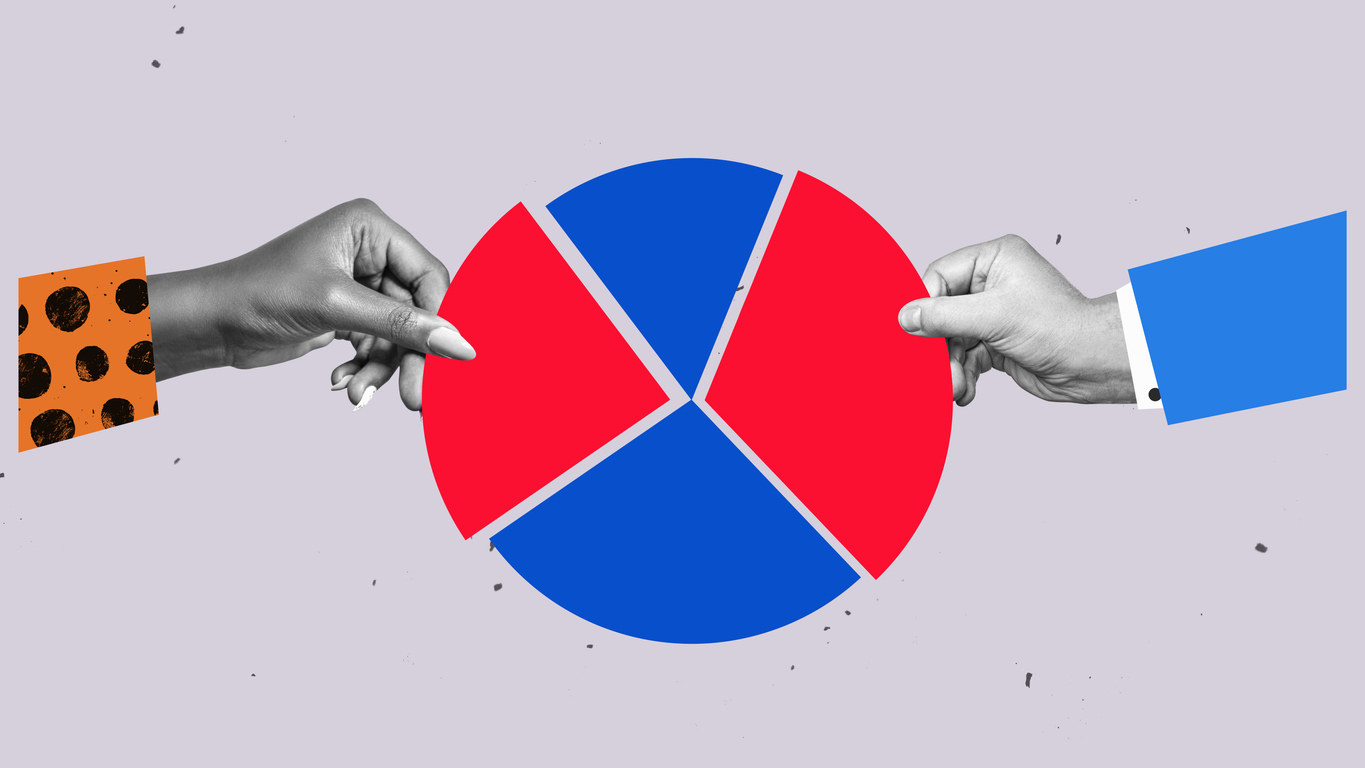Time Period: November 2001 – April 2002
Location: Venezuela, Caracas
Main Actors: Venezuelan Federation of Chambers of Commerce and Production/Federación de Cámaras y Asociaciones de Comercio y Producción de Venezuela (Fedecámaras)
Tactics
– Economic shutdowns
– General strikes
– Cacerolazo
– Marches
Hugo Chávez was elected president of Venezuela in December 1998 after running a populist campaign that appealed to Venezuelans’ frustration with economic inequality and political stagnation. In 1999, voters approved a new constitution via popular referendum and then re-elected Chávez as president the following year. From 1999-2000, Venezuela experienced a sharp drop in its level of democracy, as Chávez systematically undermined the country’s system of checks and balances. He dismantled judiciary independence and legislative power, while politicizing the military and police and increasingly clashing with organized labor, business groups, the Catholic Church, and the media. Chávez came into office with a history of anti-democratic behavior, having led and been imprisoned for a failed coup attempt in 1992. Between his steps to consolidate power and his growing ties to Cuba, many citizens began to fear that he was modeling his government after a Fidel Castro-style Communist dictatorship.
An opposition movement, composed of business, labor, and church groups together with a mix of left- and right-wing political parties, began to emerge in the summer of 2001. Later that year, on November 13, Chávez enacted 49 new laws without approval from Venezuela’s legislature, the National Assembly. Many viewed the laws’ overhaul of the oil industry and land expropriation processes, among other changes, as a move by Chávez to consolidate power. Entrepreneurs and business groups immediately denounced such drastic changes being undertaken without consultation with or input from affected interest groups. They called on the government to suspend ten laws that faced the strongest opposition, but Chávez refused to either suspend the laws or meet with the opposition.
In response to Chávez’s intransigence, the business community activated the fledgling opposition movement. On December 10, the Venezuelan Federation of Chambers of Commerce and Production (Fedecámaras), the country’s main business union, called for a day-long national strike in collaboration with the Confederation of Venezuelan Workers (CTV), the country’s largest labor coalition. They demanded that Chávez renegotiate the fast-tracked laws via a dialogue with the business community and other affected interest groups.
The 6am-6pm “paro”, or stoppage, drew widespread support from across the private sector. Millions of people participated across a range of industries, from shopping centers and small businesses to factories and newspapers to banks and the stock exchange. Private schools closed, professional baseball refused to play, and even some hospitals offered emergency services only. In a show of support, housewives organized a cacerolazo, a form of protest in which people make noise by banging pots and pans. The strike paralyzed the country, shutting down 90% of its economy for the day.
The action had a mixed outcome. Chávez refused to reform the laws or hold a dialogue with the business community, although he fired a key ally accused of corruption in a reconciliatory move. The main success of the Dec. 10th strike came from the momentum and strength it built for the opposition movement by exposing the widespread opposition to Chávez’s policies. The Fedecámaras and CTV organized another successful strike in early January 2002 that once again shut down the country’s economy. Between the two, they organized regular marches that drew hundreds of thousands of participants. By the end of the second strike, Chávez’s approval ratings had dropped to 30%.
In late March, Chávez attempted to offset the movement’s growing power by taking steps to increase his control over the state-owned oil company responsible for much of the country’s export revenue. The Fedecámaras and CTV responded by organizing another general strike for April 9th, this time targeting the oil industry. The action involved a near-total shutdown of the state-owned oil company and was extended first for another day. After Chávez refused to respond, the Fedecámaras and CTV voted to extend the strike indefinitely until a coordinating committee focused on reinstituting democratic procedures was formed. On April 11, they organized a mass march against Chávez in Caracas. However, the march resulted in violent clashes between pro- and anti-government demonstrators outside the presidential palace. When Chávez ordered the military to repress the protesters, top officials refused and instead arrested Chávez, alongside other members of his administration.
The head of the Fedecámaras, Pedron Carmona, stepped in as interim president. However, he unilaterally abrogated the 1999 constitution and dissolved the National Assembly and Supreme Court, moves that were seen as highly undemocratic, even by some who opposed Chávez. Carmona was ultimately forced to resign on April 13 in the face of a mass counter-mobilization by Chávez’s supporters, with the result being Chávez’s re-installment and heightened levels of polarization in the country.
In disregarding democratic norms and processes, the coup attempt and following unilateral institutional changes backfired, costing the movement significant legitimacy, and accelerating the backsliding process. As such, this case not only offers insight on the powerful tactics available to the business sector; it also provides a warning about the dangers of using undemocratic tactics to address democratic backsliding.
Where to Learn More
– Forero, Juan. “Daylong Venezuelan Strike Protests Economic Program.” New York Times, Dec. 11, 2001.
– Global Nonviolent Action Database. “Venezuelans defend against coup attempt, 2002.” Swarthmore College, 2012.
– Nelson, Brian. 2009. The Silence and the Scorpion: The Coup against Chavez and the Making of Modern Venezuela. New York: Nation Books.
You can access all the caselets from the Pillars of Support Project here.

